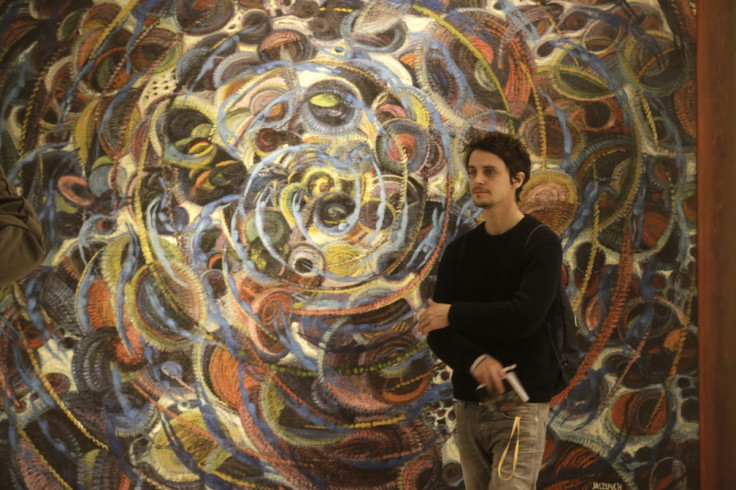Human Belief in Soul is 'Innate', Say Scientists

We are born with a predisposition to believe in an immortal soul, according to a recent scientific study.
As part of the study, Natalie Emmons of Boston University studied the cognitive development of children to understand how many acquire the belief that they have a soul that is the core of their self and is distinct from their body.
"I study these things for a living but even find myself defaulting to them. I know that my mind is a product of my brain but I still like to think of myself as something independent of my body," said Emmons.
I study these things for a living but even find myself defaulting to them
Many believe that the belief in the soul is created by religion or other cultural influences, however Emmons hypothesised that the tendency for the belief may lie deeper.
The authors reasoned that the concept of a 'prelife'or the existence of the self before birth was not as prevalent in major religions and so less likely to be culturally determined, and tested children's intuitive responses to the idea of the soul existing before the body.
In all, 283 Ecuadorian children, half from a rural indigenous tribe and half from urban Roman Catholic families, were shown images of a pregnant woman and a baby as part of the study, encouraged to imagine themselves as the child, and asked if they could think of themselves as existing before birth and conception.
Despite their differences in cultural background, the children gave surprisingly similar answers, with most claiming that while they did not physically exist before birth, they could nonetheless think, feel and experience emotions.
The study concludes that the tendency to believe in a soul is a "universal cognitive default".
"This work shows that it's possible for science to study religious belief," said Deborah Kelemen, an Associate Professor of Psychology at Boston University and co-author of the paper. "At the same time, it helps us understand some universal aspects of human cognition and the structure of the mind."
The authors posit that the belief may be a by-product of our "highly developed powers of social reasoning".
"I think as part of our social reasoning, we are so motivated to infer goals and desires and emotions to social agents that we really can't switch it off," Emmons said.
© Copyright IBTimes 2025. All rights reserved.






















